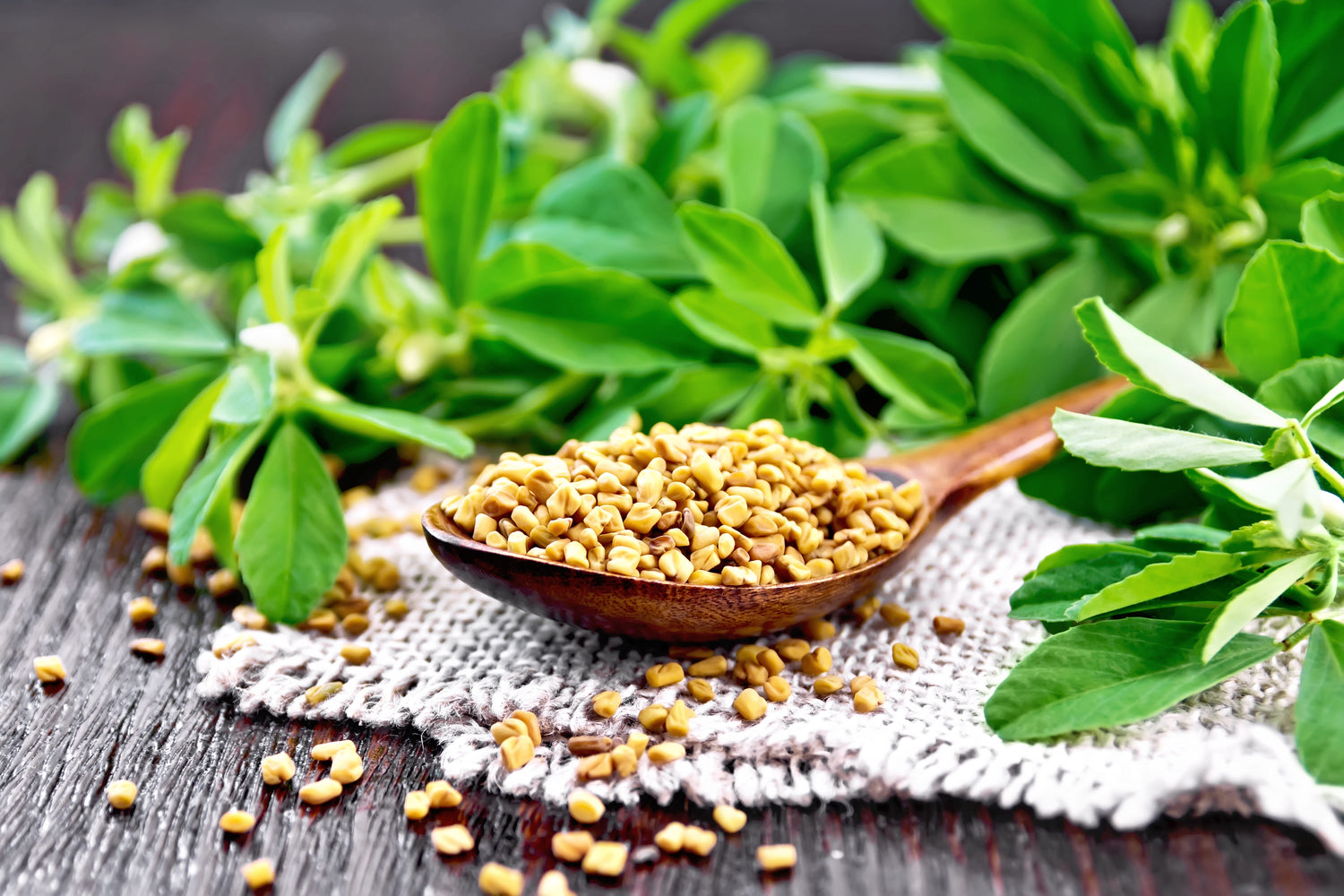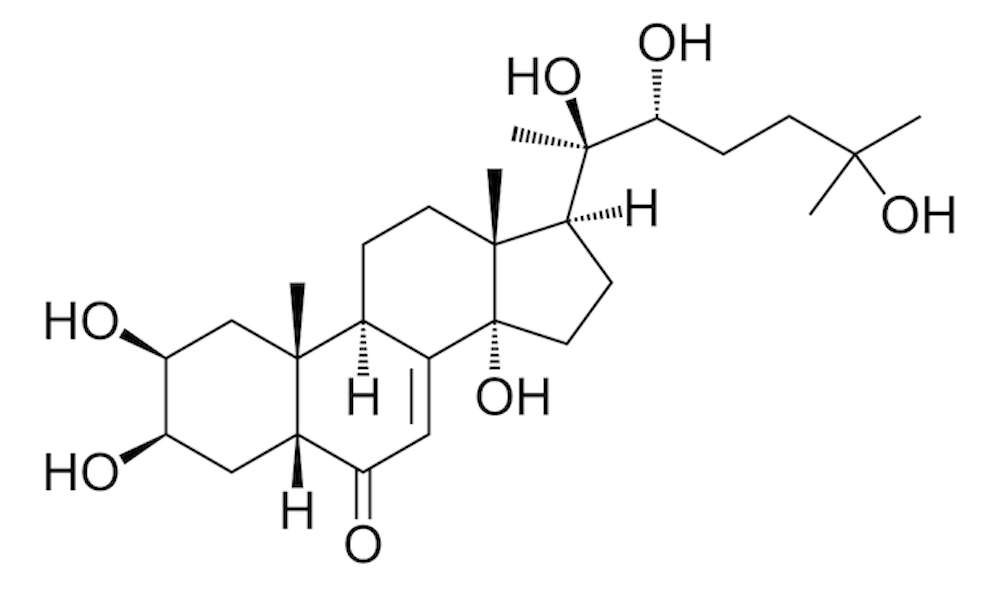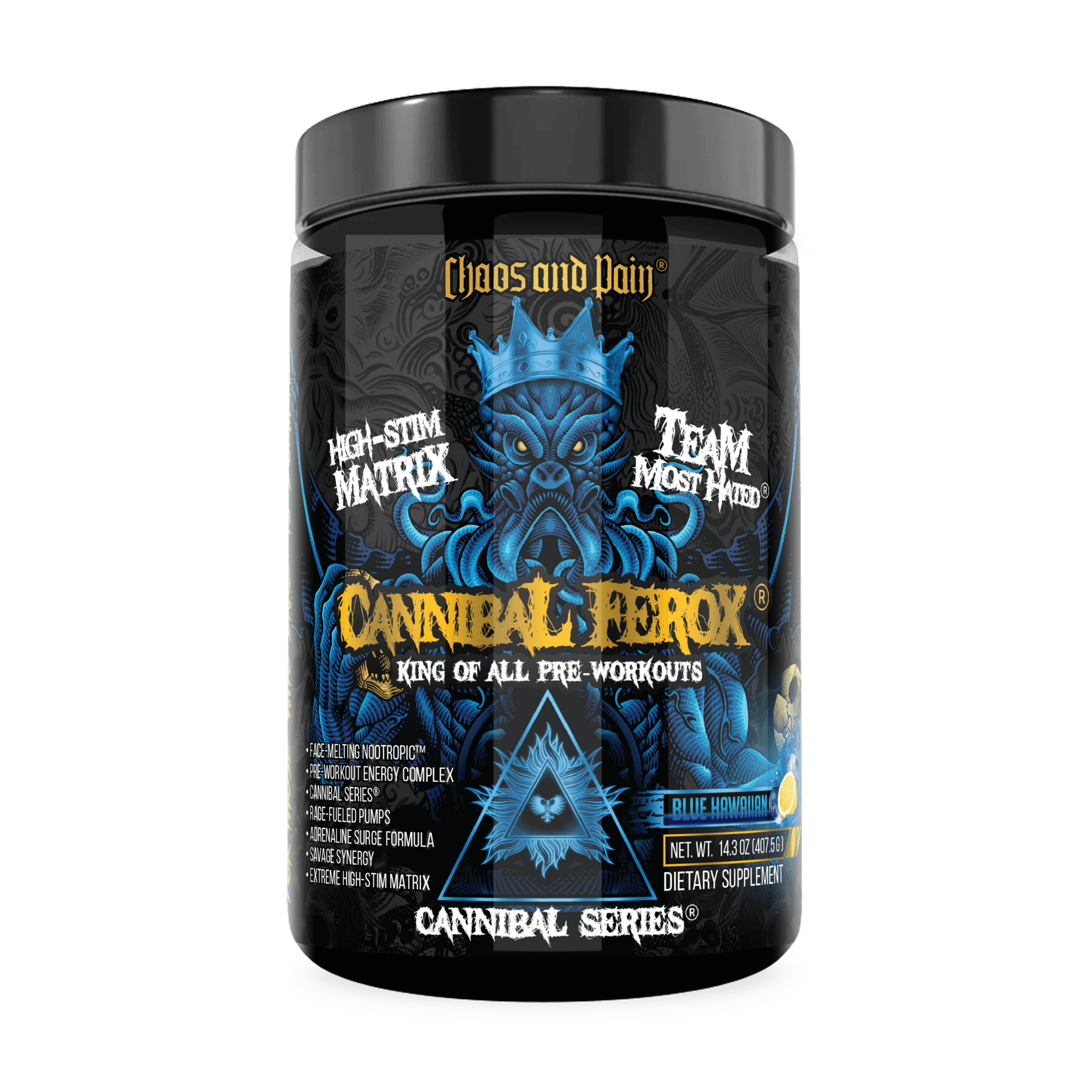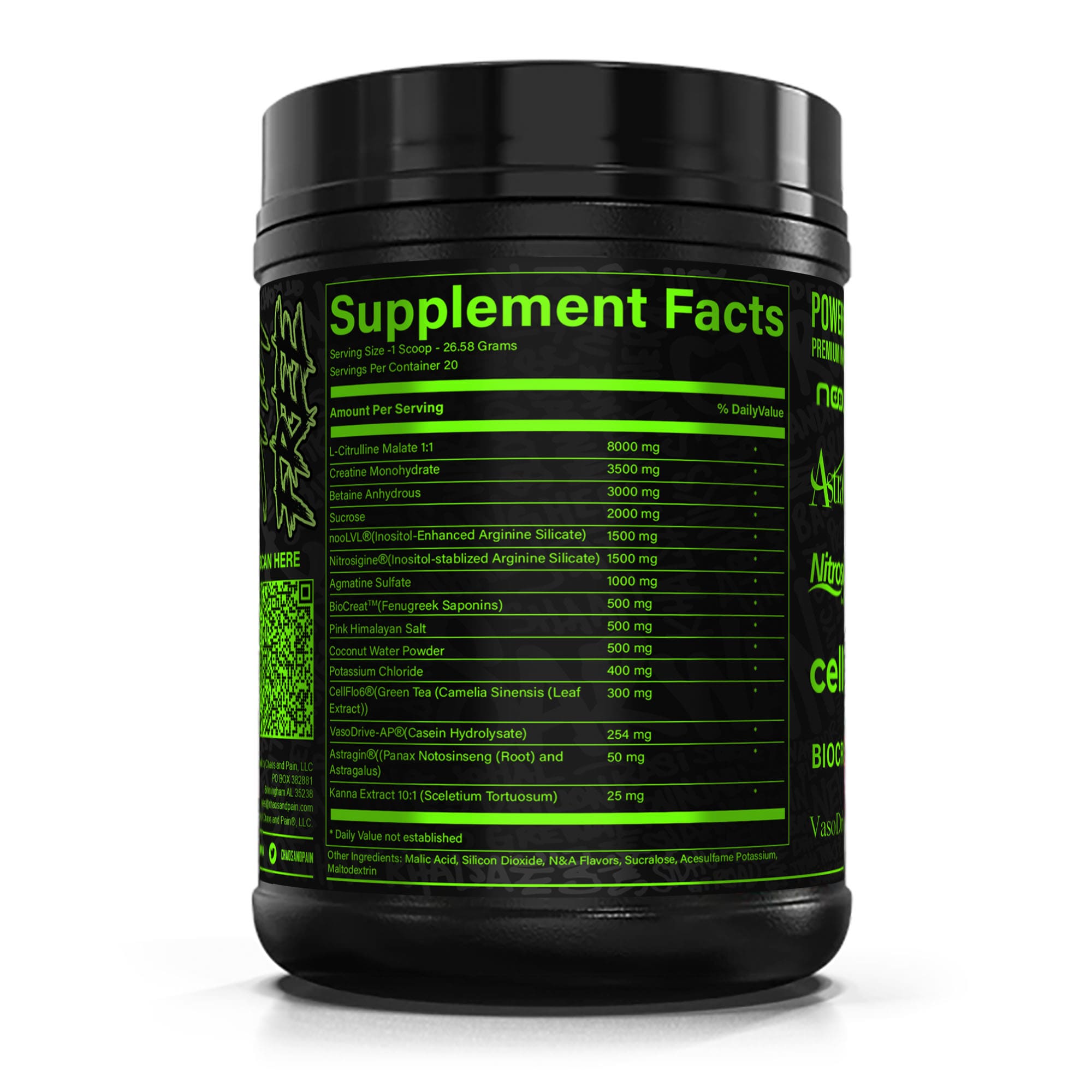What is Fenugreek?
Fenugreek - This clover-like herb is native to southern Europe, western Asia, and the Mediterranean. As an ingredient in spice blends and a flavoring agent in foods, beverages, and tobacco, fenugreek seeds, which smell like maple syrup, have been used in cooking and medicine for centuries. +
In addition to soaps and cosmetics, fenugreek extract is also used. As a traditional medicine for diabetes and breastfeeding, fenugreek was used in North Africa, Asia, and southern Europe. Nowadays, fenugreek is marketed as a dietary supplement for diabetes, menstrual cramps, and other conditions, as well as to stimulate milk production during breastfeeding. +
What is fenugreek?
Fenugreek has long been used in alternative medicine. It is commonly used in Indian dishes and as a supplement. +
Numerous health benefits may be associated with this herb. +
In addition to having green leaves, white flowers, and pods that contain small, golden-brown seeds, fenugreek (Trigonella foenum-graecum) can reach heights of 2 to 3 feet. +
A variety of skin conditions and diseases have been treated with fenugreek for thousands of years in alternative and Chinese medicine. +[1]
In recent years, it has become a common spice and thickening agent found in household products such as soaps and shampoos. +
Many Indian dishes also use fenugreek seeds and powder due to their nutritional value and slightly sweet, nutty flavor. +
What is fenugreek good for?
Fenugreek like we stated above dates back thousands and thousands of years thus being used in traditional Chinese medicine and such. Here are some of the major benefits for those looking at using Fenugreek. +
What does fenugreek do?
- Breastmilk production in women. Your baby's development is best supported by breast milk. Some mothers, however, may have difficulty producing enough milk. Fenugreek appears to be a safer and more natural alternative to prescription drugs for boosting breastmilk production. +
- Boost on testosterone levels in men - The most common reason men use fenugreek supplements is to increase testosterone levels. Studies have shown that it can increase libido, among other benefits. Researchers studied 30 college-aged men for 8 weeks and gave half of them 500 mg of fenugreek a day in addition to 4 sessions of weightlifting per week. +[2]
- Help control diabetes and blood sugar levels. Diabetes and metabolic disorders may benefit from fenugreek. Besides affecting type 1 and type 2 diabetes, it seems to increase carb tolerance in people without these diseases. Fenugreek seed powder was given to people with type 1 diabetes at lunch and dinner for 10 days. After that, their blood sugar levels improved, and their total cholesterol and LDL cholesterol (bad cholesterol) dropped. +[3]
- Appetite control - Three studies have found a reduction in fat intake and appetite. A 14-day study showed a spontaneous reduction of 17 percent of total fat intake. +[4,5,6]
- Cholesterol levels. In some studies, fenugreek has been shown to lower cholesterol and triglycerides. +[7,8]
- Heartburn - In a 2-week pilot study, fenugreek reduced heartburn symptoms in people who had frequent heartburn. In fact, its effects were comparable to those of antacids. +[9]
- Inflammation - A study on rats and mice showed that this herb exhibited anti-inflammatory properties. Further research should be conducted on humans to confirm this. +[10,11]
Fenugreek Seeds and how to eat them
Traditionally, fenugreek seeds are soaked overnight in water. When the seeds are soaked overnight, they can be eaten on an empty stomach in the morning. To reduce the unpleasant taste and make them easier to chew and swallow, you can also boil them in water if you find the taste too bitter. +
There was also a study done which showed that those who consumed a form on fenugreek seeds benefits from a reduction in blood glucose levels compared to those who did not consume them. +[10]
Fenugreek Pills vs Fenugreek Powder
This might come down to the age-old debate. But again, this falls on personal preference, if you are someone who doesn’t like tastes of certain things, or drinking a lot fluid with something. Then pills are probably for you. If you can handle a mild to moderate taste and a slight texture, you can also take the powder. Again, this comes down to personal preference. +
Fenugreek Leaves what are they used for?
You can use fenugreek leaves in a variety of dishes such as sauces, curries, vegetable dishes, and soups. You can use fenugreek seeds in spice blends such as garam masala, panch phoran (Indian five-spice), and dry rubs for meat. +
Supplement
This is easily available in various forms and products. Often times people try to put this in a blend or with other products. You should always understand what you are buying before you are buying it. +
Benefits for men
Though Fenugreek is something that both men and women can take it has benefits for each sex. Men potentially benefits from higher levels of natural testosterone, which help with power output, body composition amongst other things. +
Fenugreek benefits for females
Again, fenugreek is something people from both sexes can take. The primary benefit which benefits women opposed to men. This can help increase overall milk production for those who are having a hard time breastfeeding. +
Does fenugreek increase breast size?
In short no. In fact, it has nothing to do with breast size. Some breastfeeding women use it to produce milk, not to increase breast size. +
What Fenugreek Can Do for Breast Milk Supply
One of the most satisfying and fulfilling things you can do in your life is breastfeeding your baby. The feeling of fulfillment and satisfaction may be replaced with frustration if you have to juggle your crying baby and wonder if she's still hungry despite the fact that she's been nursing for hours. +
Within the first few months of breastfeeding, approximately three out of every four new moms in the United States stop either partially or completely. +
There is a legitimate reason why many new mothers turn to formula. They are concerned that they don't have enough milk to satisfy their baby's bottomless stomach. +
You may still want to try and boost your milk supply despite the fact that most women do have a sufficient supply — and even produce over one-third more milk than their babies need. In this case, natural treatments like fenugreek might be helpful. +
Breastfeeding women have used fenugreek for centuries to boost their supply. +
Is Fenugreek safe?
Fenugreek is known to be safe in the amounts commonly found in foods, but its safety in larger doses is uncertain. Children should not consume it as a supplement. In addition to diarrhea, nausea, and other digestive tract symptoms, fenugreek can also cause dizziness and headaches, and large doses may cause a harmful drop in blood sugar. Some people may experience allergic reactions to fenugreek. In combination with other herbs, or when taken alone, fenugreek can cause liver toxicity. +
During pregnancy, fenugreek is not safe to consume in amounts greater than those found in food. It is linked to an increased risk of birth defects in both animals and humans. While breastfeeding, little is known about the safety of using fenugreek in amounts greater than those found in food. +
Does Fenugreek Have Any Side Effects?
There are potential side effects of fenugreek, including diarrhea, nausea, and other digestive tract symptoms. In large doses, it may cause a dangerous drop in blood sugar. Some people experience allergic reactions to fenugreek. +[12]
How to use fenugreek
A number of supplements contain fenugreek. Since formulations differ, the recommended dose varies from supplement to supplement. +
Furthermore, the dosage may vary based on the benefit you are seeking. +
Fenugreek extract is typically used in testosterone-based research at a dose of 500 mg, while it is used in other areas at a dose of 1,000 to 2,000 mg. A dose of around 2–5 grams of the whole seed seems effective, however, it varies from study to study. +
Taking this supplement before or with a meal is recommended, since it aids blood sugar control. +
Consult your healthcare provider if unsure of the dosage instructions on the label. +
What does the research say?
Studies have shown that fenugreek increases testosterone naturally. +
Several compounds in it, called furostanolic saponins, have been found to stimulate testosterone production. +
There is evidence that taking fenugreek supplements may improve testosterone levels and symptoms associated with low testosterone, such as low libido. +
Researchers found that taking fenugreek supplements daily increased testosterone levels and improved strength and body fat significantly compared with placebos in an 8-week study of 49 athletic men. +
Fenugreek contains protodioscin, a saponin that may increase testosterone levels particularly well. +
Researchers found that those taking 500-mg fenugreek supplements containing protodioscin daily for 12 weeks experienced significant increases in testosterone levels. +
In the study, 90% of the participants experienced increases in testosterone levels, as well as improvements in mood, energy, libido, and sperm count. +
Moreover, a 12-week study of 120 men aged 43-75 showed that taking 600 mg of fenugreek seed extract daily increased testosterone levels and improved libido. +
Some studies, however, have concluded that fenugreek does not increase testosterone, highlighting the need for further research. +
Healthy ways to increase your testosterone
The effects of fenugreek on testosterone levels have been suggested in some research, but there are more thoroughly researched ways to increase low testosterone levels. +
If you suspect that you might be experiencing symptoms related to low testosterone, you should consult your healthcare provider right away. Low testosterone levels can be a sign of an underlying health condition. +
There are several symptoms of low testosterone, including low sexual drive, fatigue, depression, reduced energy, and erectile dysfunction. +
Your healthcare provider will determine the best treatment for you if you are diagnosed with low testosterone. +
To boost testosterone levels naturally, there are several options available, including:
- Losing excess body fat. Losing weight can increase testosterone levels in overweight men. Overweight men are more likely to have low testosterone levels than men who are not overweight. +
- Exercising. In aging men, exercise, especially high-intensity interval training (HIIT), can increase testosterone levels. +
- Eating a healthy diet. Protein, healthy fats, fruits, and vegetables, as well as limiting refined foods and added sugars, have been found to increase testosterone levels in studies. +
- Managing blood sugar levels. You may be at greater risk of developing low testosterone if you have high blood sugar levels. Losing fat, exercising, and eating a healthy diet may help lower your blood sugar levels.ar levels. +
- Sleeping enough. Research has shown that sleep deprivation can lower testosterone levels - even in young, healthy men. Make sure you get the recommended 7–9 hours of sleep per night. +
- Limiting exposure to pollution. Exposure to pollutants, such as air pollution, has been associated with a lower level of testosterone among those exposed frequently. +
Other natural methods for increasing testosterone exist in addition to those listed above. +
Testosterone has been shown to be raised by certain vitamin, mineral, and herbal supplements, such as vitamin D, zinc, and ashwagandha. +
You should discuss any new supplements with your healthcare provider as the effectiveness may vary based on underlying deficiencies, medical diagnoses, current medications, and more. +
Increase in Sexual Function and Sexual Desire
Herbal remedies such as fenugreek may improve sexual function and enhance libido. +
In addition to estrogen and testosterone, it contains compounds that your body may use to produce sex hormones. +
In a 12-week study, 120 middle-aged and older men supplemented with 600 mg of fenugreek extract daily experienced improvements in sexual function and testosterone levels. +
The clinical significance of this increase in testosterone is unknown, however. +
An 8-week study found that 600 mg of fenugreek daily significantly improved sexual desire and arousal in 80 women with low libido. +
A medical professional should be consulted before taking fenugreek if you're taking a blood thinner such as warfarin. +
Other Products by Chaos and Pain® to help increase Testosterone Levels
- Chemical F – Fadogia Agrestis
- Chemical T – Tongkat Ali












Leave a comment
All comments are moderated before being published.
This site is protected by hCaptcha and the hCaptcha Privacy Policy and Terms of Service apply.